
- Article
- Article
The joy of playing hide-and-seek with rats
Playing hide-and-seek with lab rats has shown scientists that joy can be a great motivator for learning and social interaction – and not just for rats.

- Article
- Article
A history of twins in science
For thousands of years, twins have been a source of fascination in mythology, religion and the arts. Since the 19th century, they have also been the subject of scientific study and experimentation.

- Article
- Article
How to play in secret
In secret games the strangers around you are playing too. They just don’t know it. Read on for some great ideas for undercover fun at work, school – or almost anywhere.
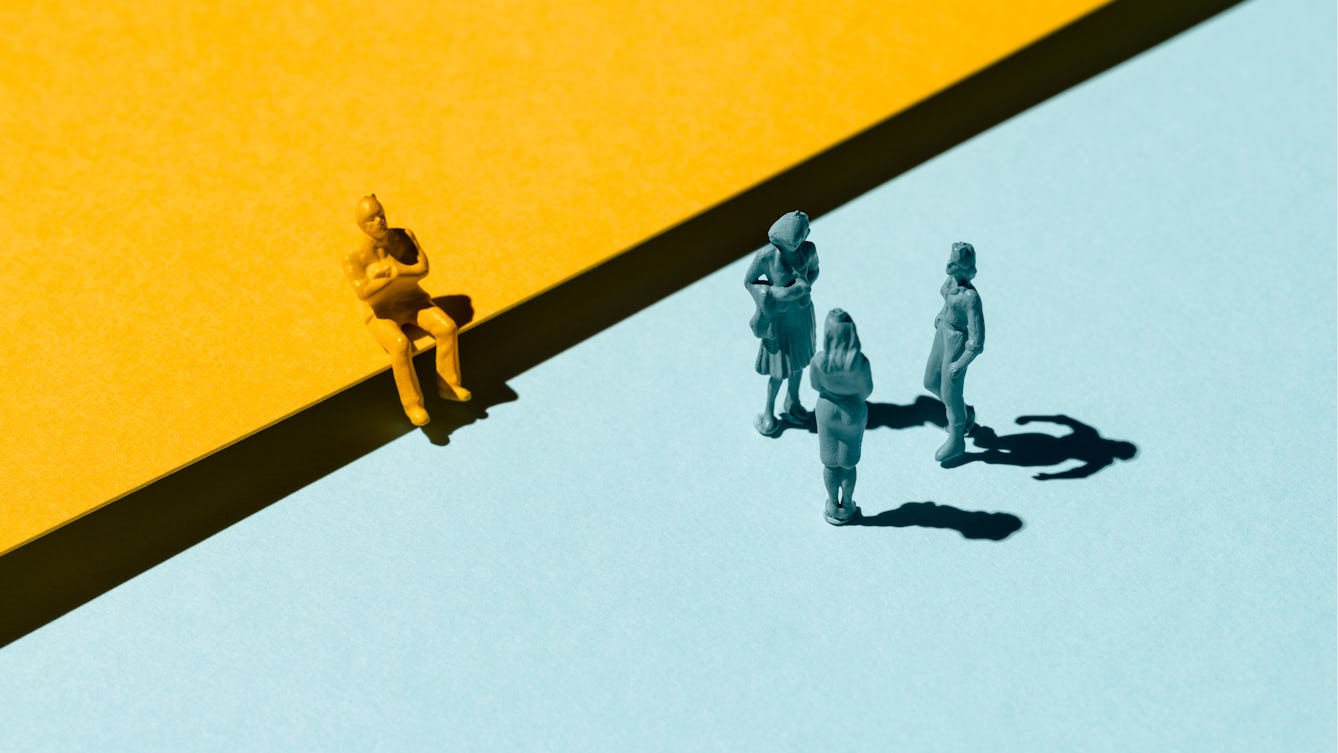
- Article
- Article
Why are women more willing donors than men?
Why is there a gender imbalance when it comes to the donation of organs, blood and tissue, and what can be done about it?
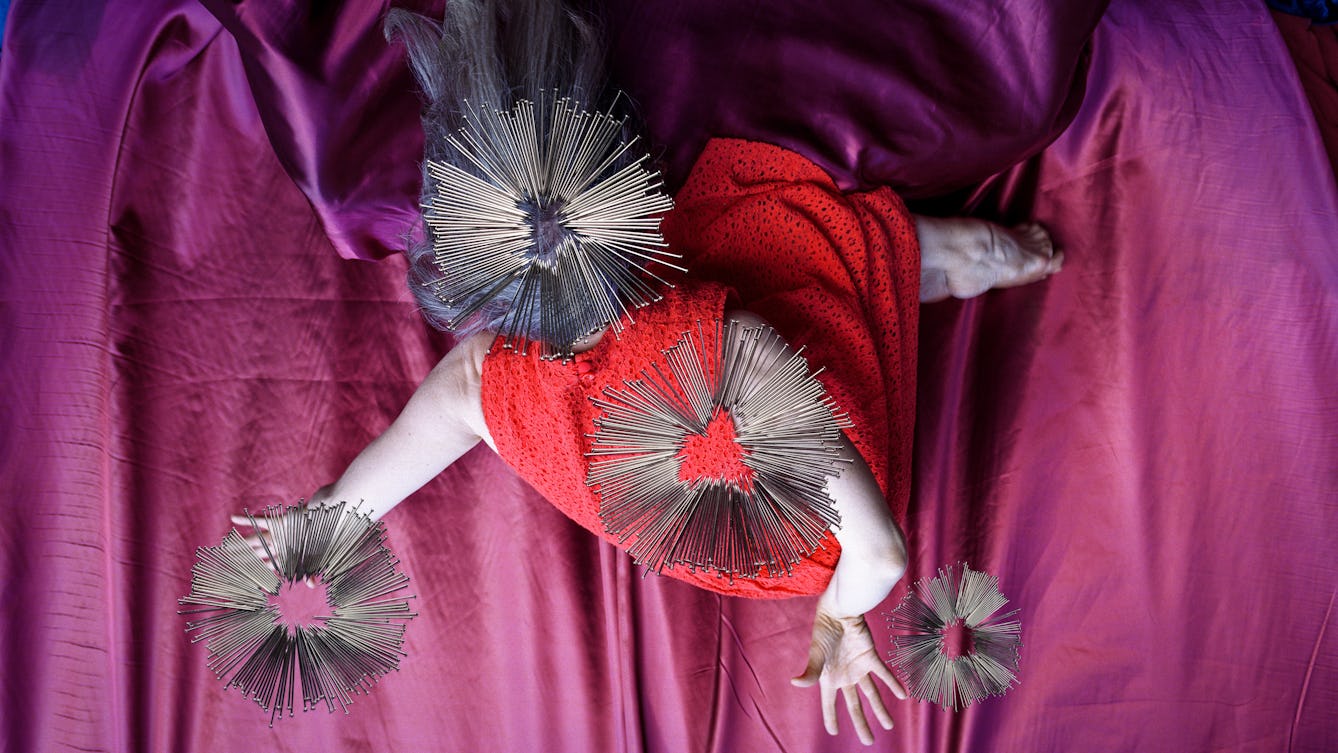
- Article
- Article
Why do victims become violent?
Witnessing both overt violence and coercive control can cause invisible harm to children. But preventing them from repeating that behaviour in the future remains a challenge.

- Article
- Article
Why pandemic denial is nothing new
Could today’s Covid-deniers be taking lessons from history? After all, it’s nearly 200 years since frustrations at a cholera-induced lockdown erupted in Sunderland.
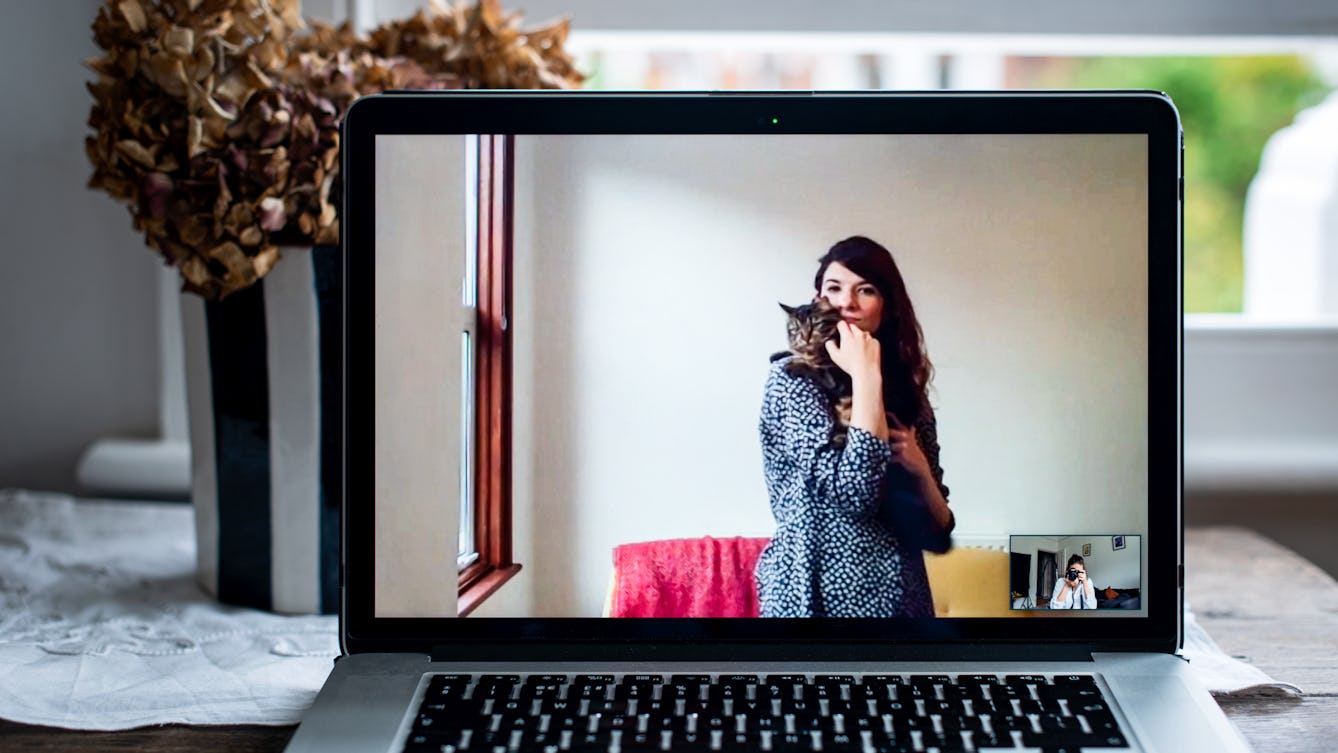
- Article
- Article
Why “crazy cat ladies” are healthier than you may think
Writer Erica Crompton ponders the reasons behind the misogynist “crazy cat lady” trope, and reclaims cat ownership as a positive way to help restore mental equilibrium.
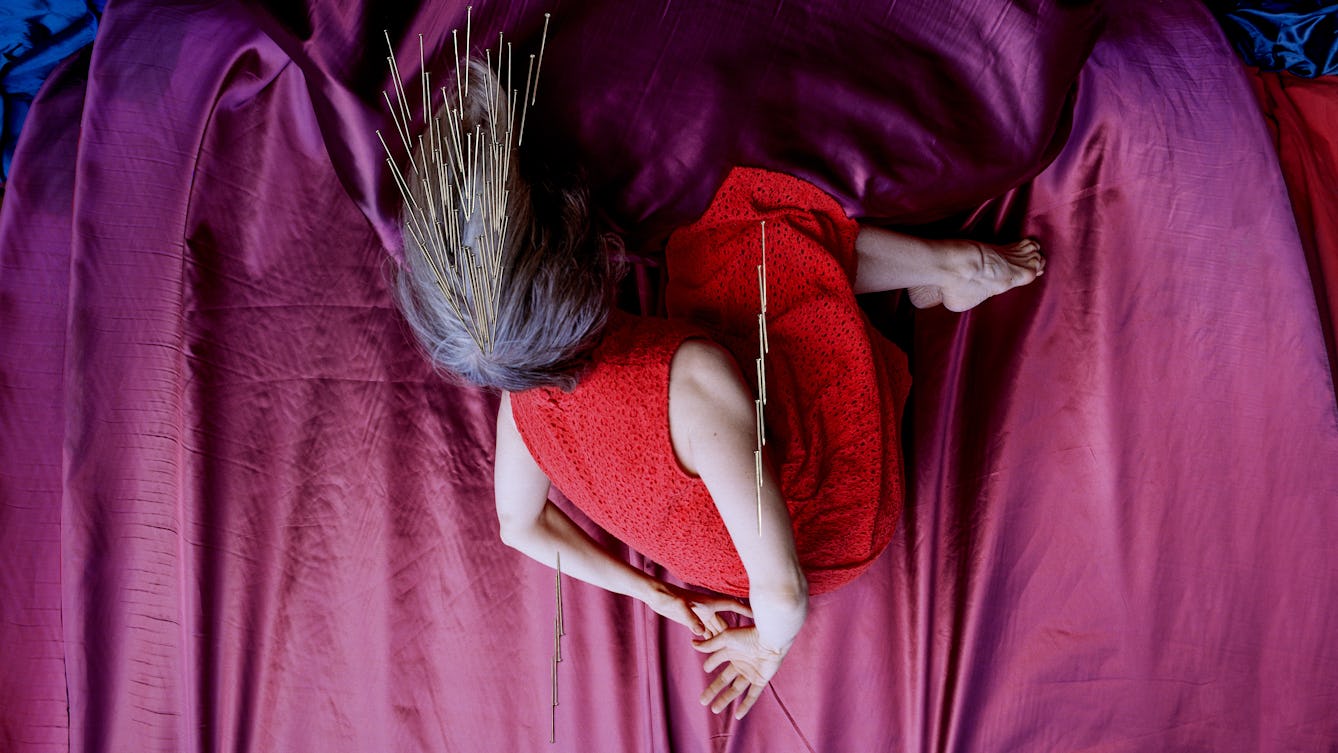
- Article
- Article
Are people born violent?
Laura Bui explores how the nature vs nurture debate applies to those who commit homicide.

- Article
- Article
Living with less for spiritual gain
Today, a minimalist lifestyle is trumpeted as a route to happiness. Find out what religious ascetics from history and modern proponents of the spartan-looking home can teach us.

- Article
- Article
Being trans in the world of sex work
Unstable. Predatory. Risk takers. Dr Adrienne Macartney sheds stark light on the hostile and negative assumptions faced by trans sex workers.

- Article
- Article
A symbol of a lost homeland
The story of one protective amulet from Palestine reveals a complex tale. Encompassing the personal history of an influential doctor and collector, it provides a window onto dispossession and exile, and the painful repercussions that are still felt today.

- Article
- Article
How to thrive in lockdown
Gareth Berliner shares how being a Disabled person has given him the resilience and motivation to find a new creative challenge during lockdown.
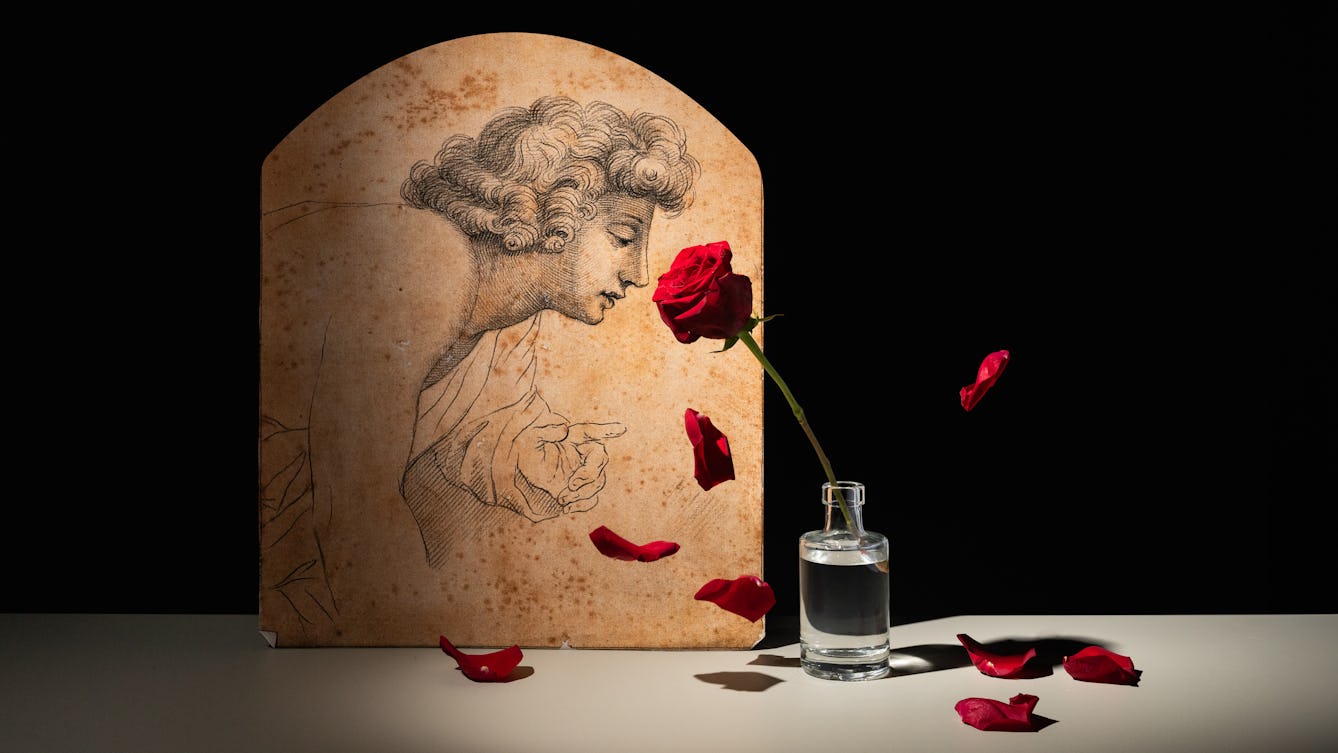
- Article
- Article
What the nose doesn’t know
Losing her sense of smell for over a year motivated Stephanie Howard-Smith to sniff out the history of treatments for this unsettling condition.

- Article
- Article
“People see the disability but forget the ability”
I’m a disabled Asian woman, and mother of four. I’m trying to show people that we have to talk about disability if we want things to change.

- Article
- Article
Nymphomania and hypersexuality in women and men
The history of nymphomania is closely bound with society's views on women and their sexuality.
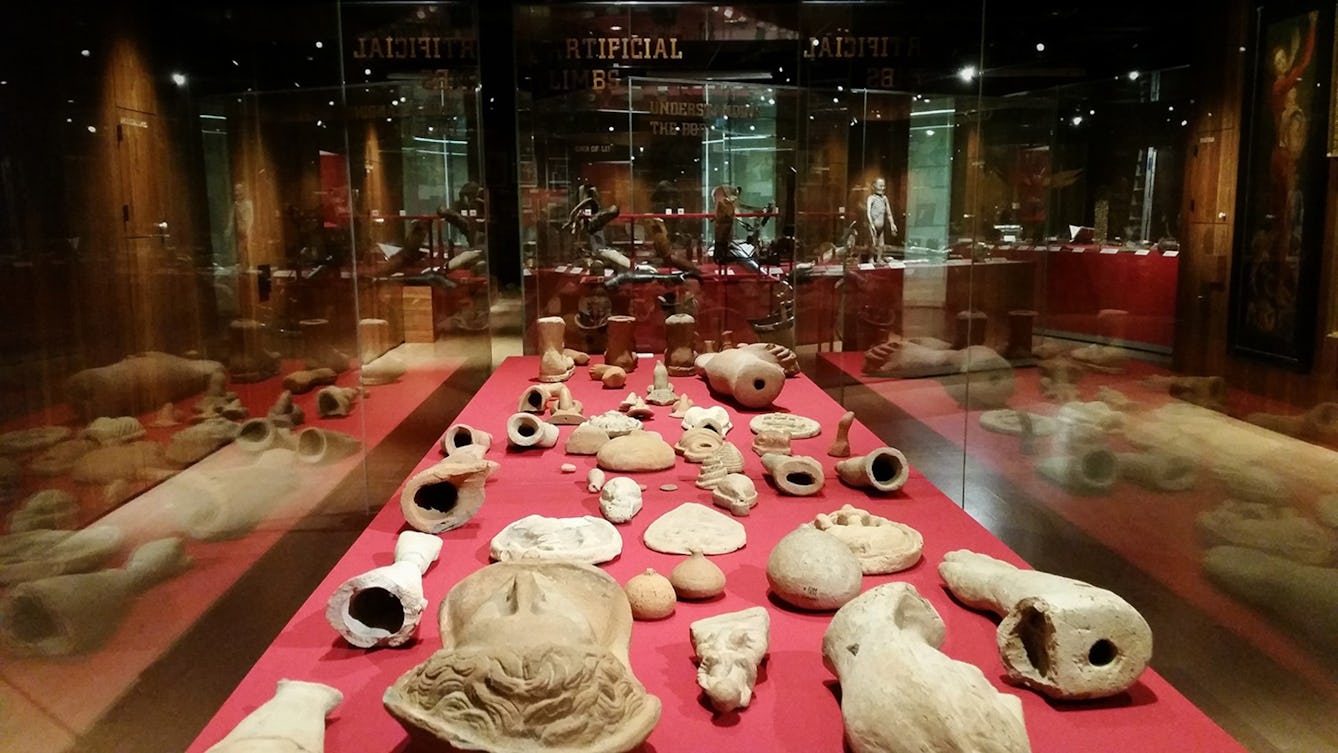
- Article
- Article
Why the world needs collectors
Those who collect play an important role as “facilitators of curiosity”, says Anna Faherty.
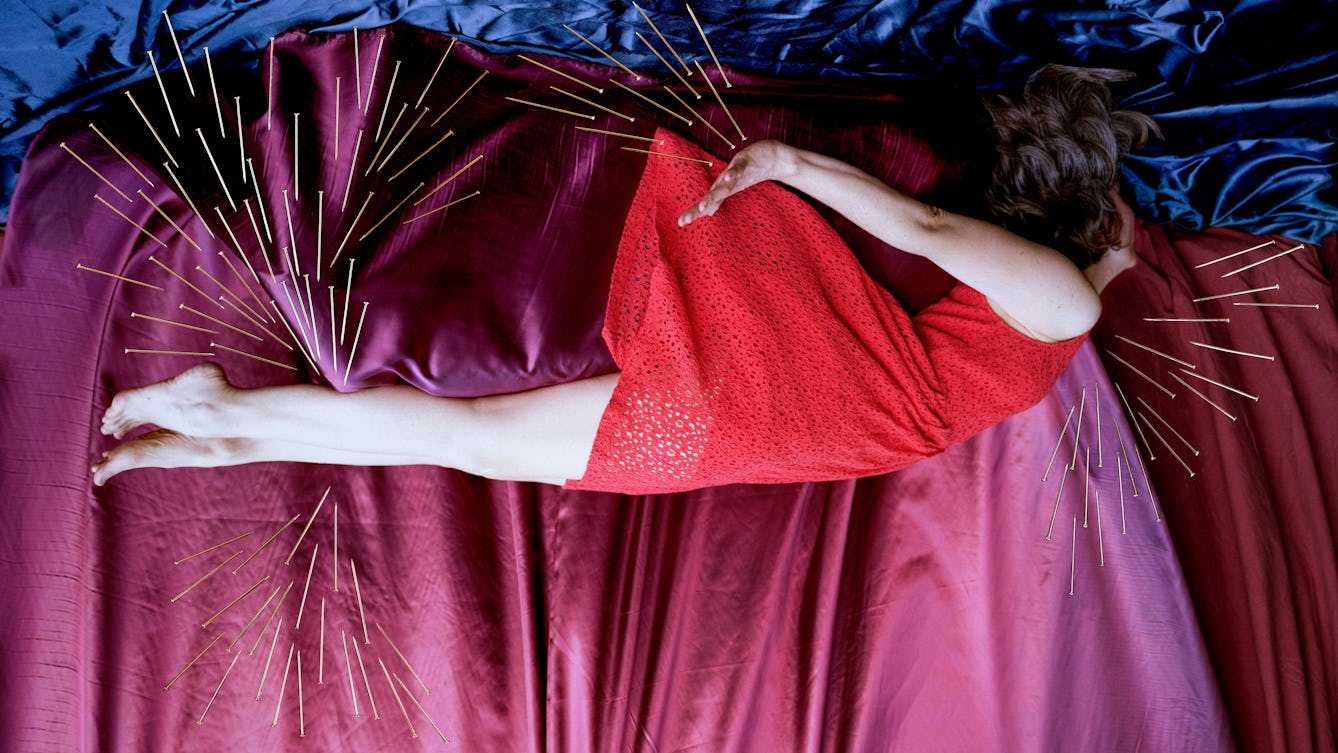
- Article
- Article
Where does violence come from?
The popular understanding of certain ideas in psychology have become so embedded that it’s easy to blame the parents when a young person commits a crime. Laura Bui looks to the past for evidence.

- Article
- Article
The freedom to provoke
Jamie Hale talks to performer and director Emma Selwyn about the joy of creating work that celebrates, rather than suppresses, autistic behaviours.

- Article
- Article
Lustmord and the three perspectives of murder
Artist Jenny Holzer's work shines a light on the three perspectives of sexual murder: the victim, the perpetrator and the observer.

- Article
- Article
Healing through ink
Taking an approach learned from his OCD treatment, Josh Weeks faced his fear of getting tattoos, and embraced inking as part of the healing process.

- Article
- Article
Life lessons across the digital divide
What could 86-year-old Tony teach 20-something Adele as she showed him how to use his smartphone? Rather a lot about digital exclusion, it turns out.
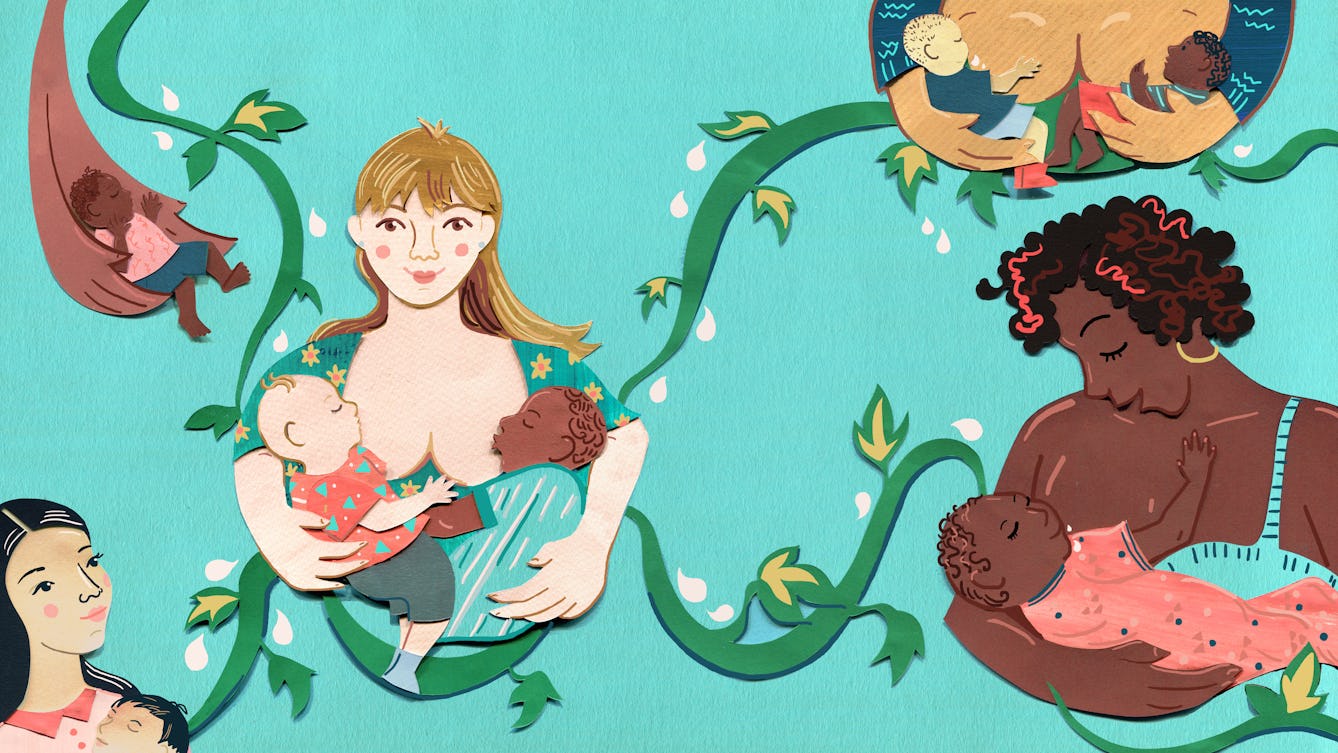
- Article
- Article
Communities of cross-feeders
A desire to help leads some women to “cross-feed” – breastfeed other parents’ babies for free. Alev Scott delves into the emotions behind this altruistic act.

- Article
- Article
How can we prevent violence?
Evidence shows that strategies to prevent some types of violence can be very effective, while other, less well-acknowledged forms continue unabated. But hope can still guide us into a more peaceful future.

- Article
- Article
Chronic illness and the pressure to get well
When she was ill, Naomi Morris assumed she was on a straightforward journey from sickness to health. But what if our experiences of mental distress and ill health aren’t that neat?
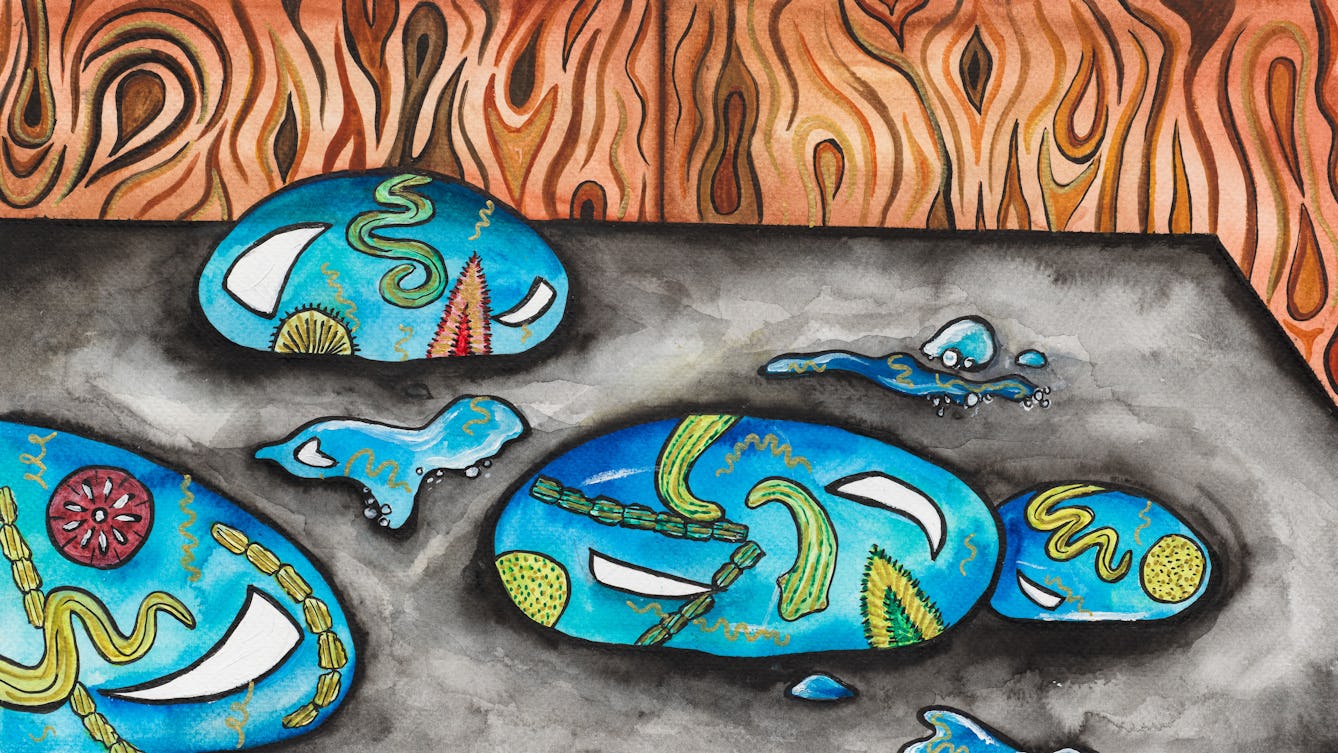
- Article
- Article
Drops of water
In the compulsory isolation of lockdown, Daisy Lafarge’s repeated visits – via a new microscope – to the miniature worlds contained by drops of pond water provided her with the company and escapism she craved.